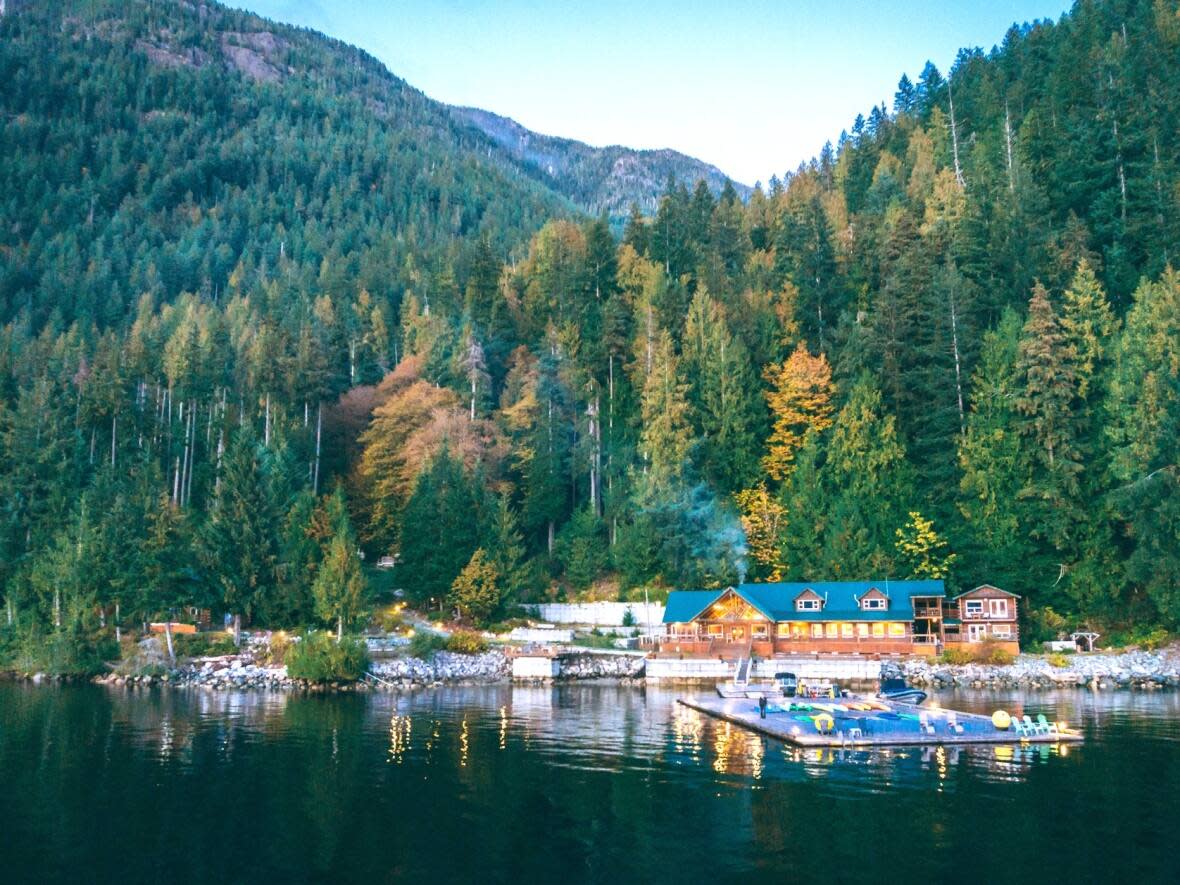B.C.'s $15M tourism relief fund excludes most operators who need support, critics say

B.C.'s $15-million pandemic relief fund for tourism operators excludes many who need the money the most, critics say.
On Friday, the Ministry of Tourism, Arts, Culture and Sport announced the tourism accommodation and commercial recreation relief fund, which is for B.C.-owned hotels or motels that employ more than 150 people, Indigenous-owned resorts on reserves with over 100 employees, and tourism operators who hold tenure or B.C. Parks permits.
The latter include operators who offer whitewater rafting, zip lines, wildlife viewing, fishing and hunting, for example.
The fund was suggested by a task force established in September 2020 to look at ways of helping tourism operators during the economic downturn caused by the pandemic.
It is meant to "to help ensure the viability of these businesses through the 2022 winter and spring seasons," said a government news release.
But Chris Tait, tourism manager with the Klahoose Wilderness Resort in Desolation Sound, says the program excludes most tourism operators.
Tait says the resort employs up to 20 people and so it can't apply for the funding, even though it desperately needs it.
"Tourism in general is mostly small businesses like us with 10 to 20 staff. [The fund] needs to be expanded to make any significant impact," he said.
The Klahoose Wilderness Resort, which offers guests activities like cedar weaving and viewing bears and whales, was only able to remain open for eight weeks during the summer of 2021 due to changing COVID-19 restrictions, Tait says.
He said finding staff for the upcoming season has so far been challenging.
Indigenous operators in particular need support, no matter their size, he added.
"Indigenous businesses are the most authentic businesses in Canada," Tait said. "... It's what makes Canadian tourism unique. If we don't support those businesses, Canada is really going to struggle for many years to come."
Keith Henry, president and CEO of the Indigenous Tourism Association of Canada, says the money is well intentioned but there are several hundred Indigenous tourism businesses in B.C. who will be left out of the funding.
"Many of them are off reserve and not many of them will be qualifying under these parameters," he said.
Henry said tourism offers the only employment opportunities in some Indigenous communities in B.C.
The province has offered several measures to boost the tourism sector over the course of the pandemic.
It said the small- and medium-size business recovery program, worth $214 million, has supported nearly 8,200 tourism businesses with fewer than 149 employees.
Another $53 million was earmarked to help community-based tourism, while a further $8 million was set aside as relief funding for Indigenous tourism businesses, which the province said is "one of the fastest growing sectors of the industry."


